Telecom reform in Austria: consumers must benefit from Router Freedom
Austria is reforming its telecommunications law to incorporate the new European directives on electronic communications. The Austrian government has now an unique opportunity to leverage router freedom at the legislative level to protect consumers and the market. EDRi's member epicenter.works sheds some light on the reform.
Filter resources
-
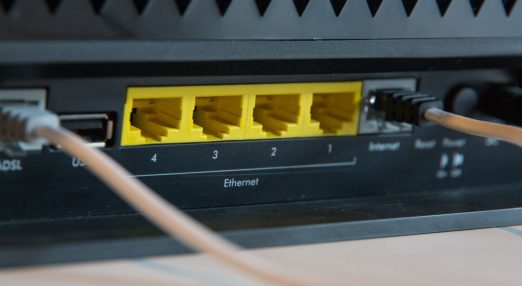
Telecom reform in Austria: consumers must benefit from Router Freedom
Austria is reforming its telecommunications law to incorporate the new European directives on electronic communications. The Austrian government has now an unique opportunity to leverage router freedom at the legislative level to protect consumers and the market. EDRi's member epicenter.works sheds some light on the reform.
Read more
-

Anonymity is indispensable
Would an anonymity ban on social media be a good solution to counter all the hatred on these platforms? We were asked this question by a national newspaper in response to such calls. Here is the reaction. of EDRi's member Bits of Freedom.
Read more
-
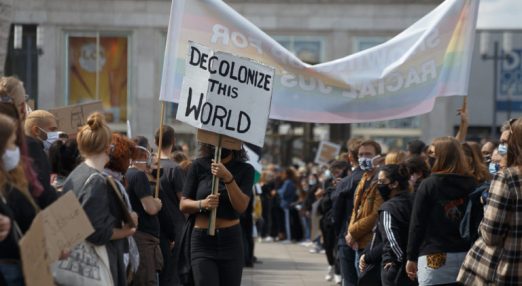
Creating Conditions for a Decolonised Digital Rights Field
Since 2019, DFF and EDRi have been working to initiate a decolonising process for the digital rights field. Reflecting on the increased challenges to our digital rights, we realised how imperative it is that the field truly reflects everyone in European society. This means improving representation in the digital rights field, but more crucially undoing the power structures preventing us from protecting digital rights for everybody.
Read more
-
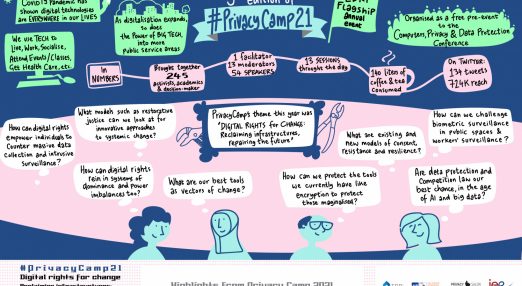
#PrivacyCamp21: Event Summary
The theme of the 9th edition of Privacy Camp was "Digital rights for change: Reclaiming infrastructures, repairing the future" and included thirteen sessions on a variety of topics. The event was attended by 250 people. If you missed the event or want a reminder of what happened in the session, find the session summaries below.
Read more
-
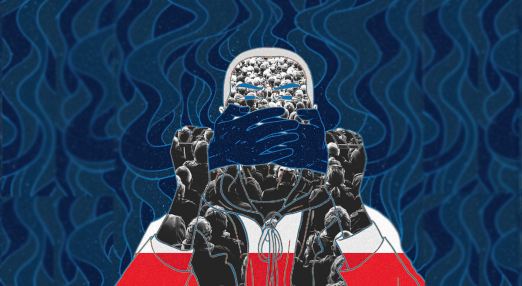
Polish law on “protecting the freedoms of social media users” will do exactly the opposite
EDRi member Panoptykon Foundation carefully analyses the Polish law on “the protection of freedoms of social media users” which turns out to introduce data retention, a new, questionable definition of “unlawful content”, and an oversight body that is likely to be politically compromised.
Read more
-
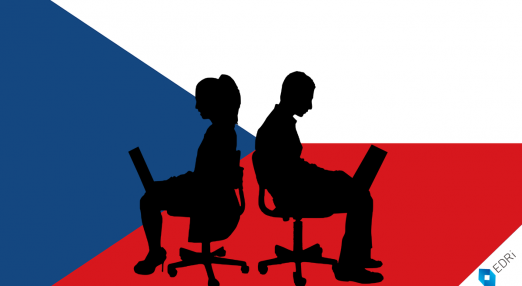
For the “right to analog”: IuRe strengthens the Digital Freedoms program
For almost twenty years, the Czech watchdog Iuridicum Remedium (IuRe) has been fighting for human freedoms in real and digital life. In its Digital Freedoms program, IuRe is currently working on several interlinked digital freedom campaigns that can be found via their new campaigning website.
Read more
-
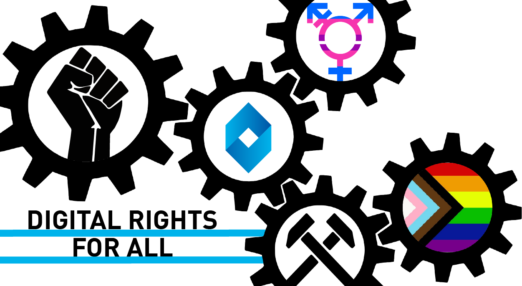
Digital rights for all
In this article we set out the background to EDRis’ work on anti-discrimination in the digital age. Here we take the first step to explore anti-discrimination as a digital rights issue, and then, what can EDRi do about it? The project is motivated by the need to recognise how oppression, discrimination and inequality impact the enjoyment of digital rights, and to live up to our commitment to uphold the digital rights of all.
Read more
-
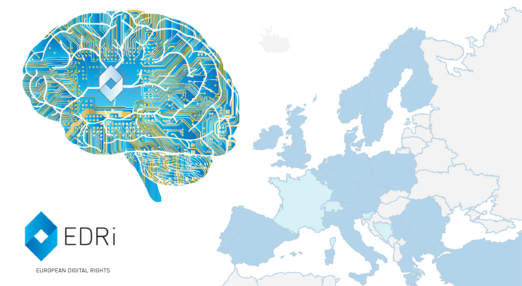
More than the sum of our parts: a strategy for the EDRi Network
It took over a year. From an EDRi members’ survey in early 2019 to the vote by the (online) General Assembly of members at the end of April 2020. In those months we held workshops, webinars, calls, several rounds of comments, draft iterations and about 50 consultations.
Read more
-
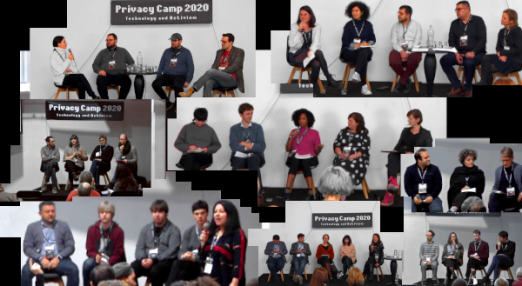
#PrivacyCamp20: Event Summary
The 8th edition of Privacy Camp revolved in 2020 around the topic of Technology and Activism, the schedule being composed of ten sessions in different formats. What were these about? Read below a summary of each discussion, with references to full session recordings.
Read more
-
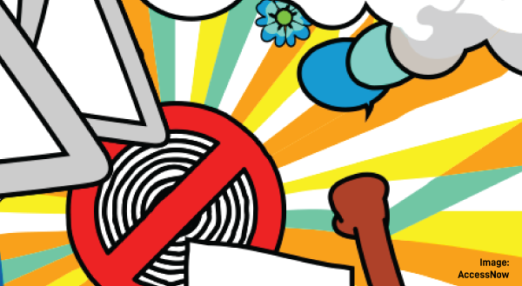
Who should decide what we see online?
Online platforms rank and moderate content without letting us know how and why they do it. There is a pressing need for transparency of the practices and policies of these online platforms.
Read more
-
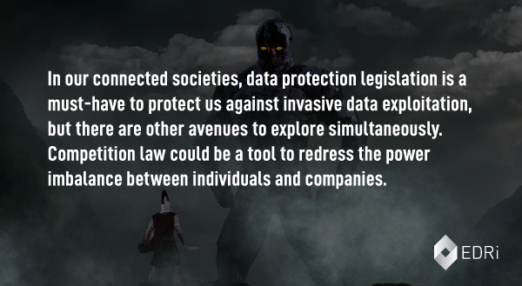
The impact of competition law on your digital rights
This is the first article in a series dealing with competition law and Big Tech. The aim of the series is to look at what competition law has achieved when it comes to protecting our digital rights, where it has failed to deliver on its promises, and how to remedy this. This series will first […]
Read more
-
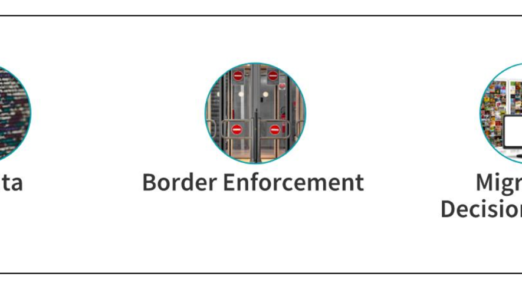
The human rights impacts of migration control technologies
This is the first blogpost of a series on our new project which brings to the forefront the lived experiences of people on the move as they are impacted by technologies of migration control. The project, led by our Mozilla Fellow Petra Molnar, highlights the need to regulate the opaque technological experimentation documented in and […]
Read more
